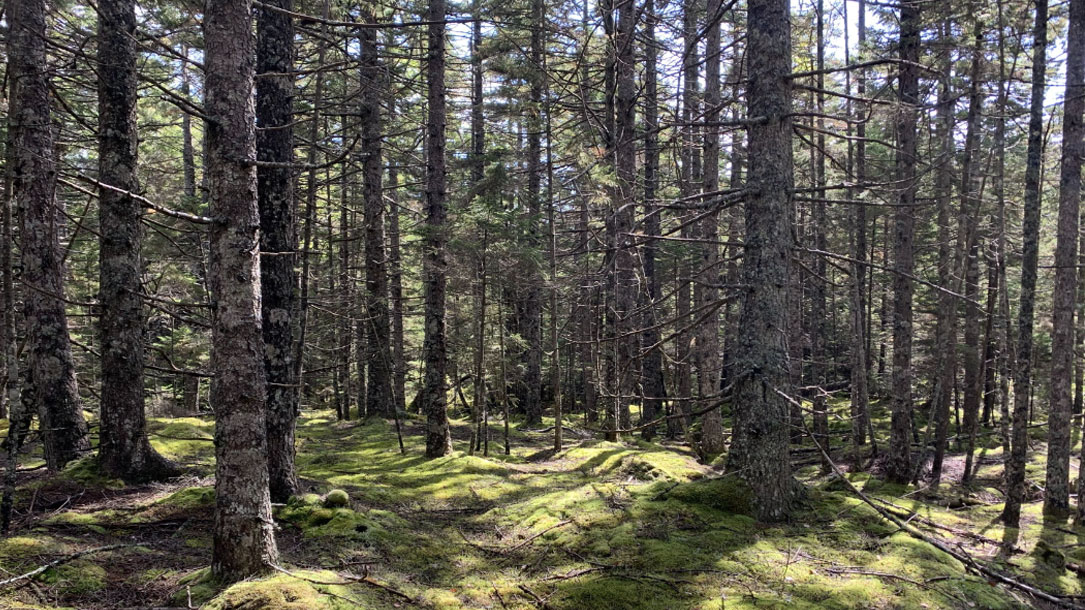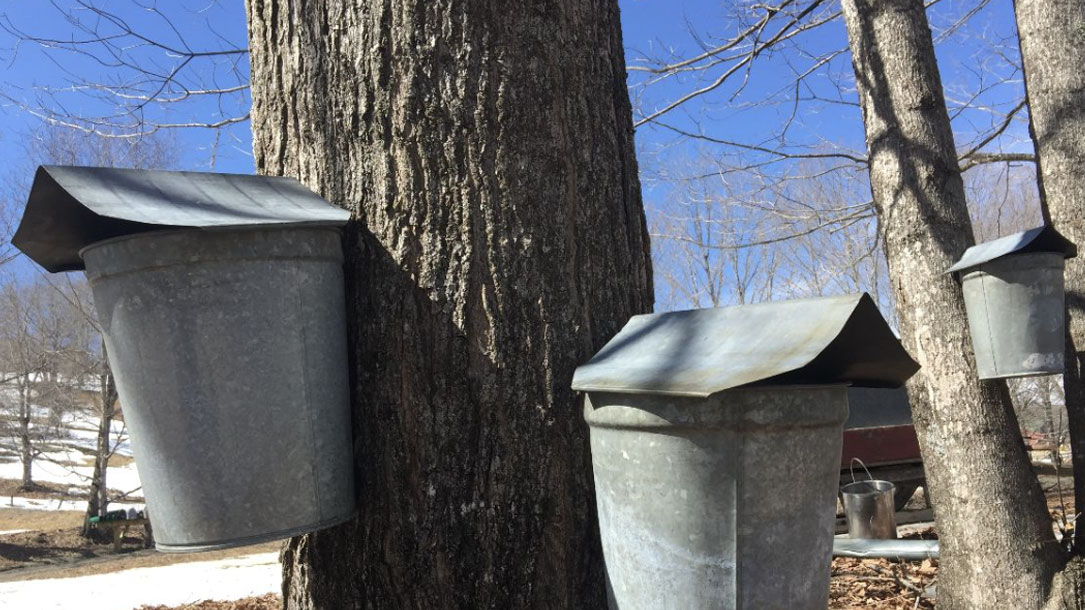
Exploring carbon sequestration
“[They] are following the model from other land trusts. There is a cost for land trusts to manage forests for increased carbon sequestration. [They] aren’t a commercial forestry operation and need revenue in order to manage forests.
Carbon offsets and the carbon market can provide resources for land trusts to restore large commercial forest landscapes, and support the ongoing cost of stewardship and restoration that a land trust is responsible for.
Whatcom Land Trust would only take on a carbon sequestration project that supports our mission, improves the forest ecosystem, and sequesters more carbon than it would otherwise…”

Two groups want to put focus on carbon credits from urban forests
National Public Radio discusses urban carbon credit work. Lookout Mountain Conservancy is participating in this effort.
“We know trees can help address climate change. A forest sucks carbon dioxide from the atmosphere. That can be sold as a carbon credit to companies looking to offset their environmental impact. But the way those credits are calculated has long been scrutinized. And two groups want to put focus on urban forests. Bellamy Pailthorp of KNKX explains…”

Sequestering carbon while making breakfast sweeter
Vermont’s private forests play a key role in mitigating climate change — they store four times as much carbon as the state’s vehicles release each year. Selling forest carbon credits to companies and individuals working to reduce their carbon footprints provides a new source of income for individual landowners like Jessica Boone and Everett McGinley in Vermont’s Cold Hollows region, which helps them protect their forests. Unfortunately, carbon markets can be too costly for most owners of small forest parcels to join.
That’s why the Vermont Land Trust formed Vermont Forest Carbon LLC and teamed up with The Nature Conservancy, the Caron Dynamics Lab at the University of Vermont, and Cold Hollow to Canada, a local land stewardship and conservation organization, helping landowners overcome the cost barrier by working together as a single carbon project.
This is the first large-scale aggregated forest carbon project in the country, with fifteen neighbors teaming up to sell carbon credits from their land…












